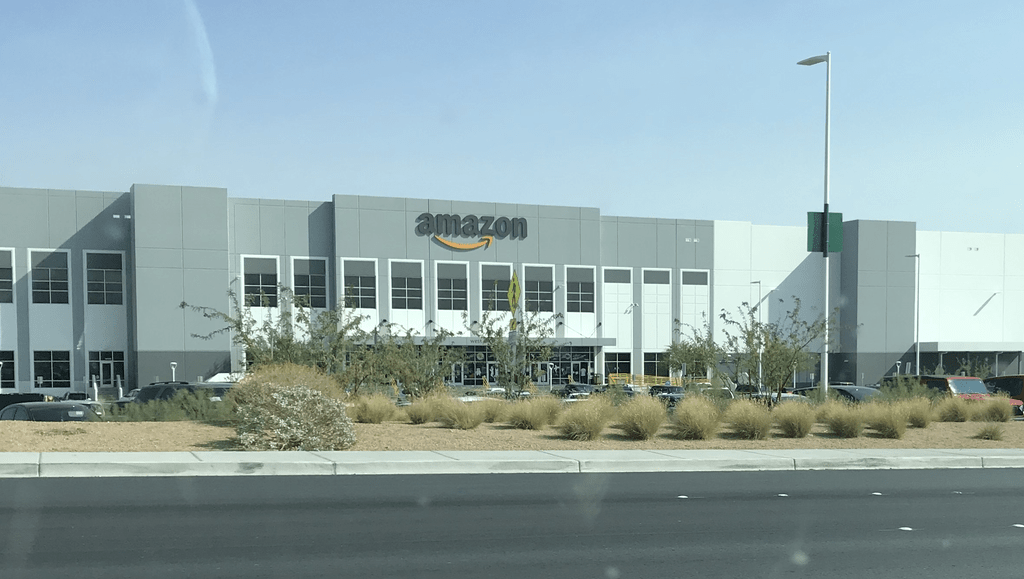Imagine the U.S. fully legalizing cannabis at the federal level. Such a shift would revolutionize the industry, transforming cannabis shipping and distribution from today’s fragmented, state-limited system into a streamlined, nationwide network. Licensed cultivators could send their products coast-to-coast, opening new opportunities for businesses and improving access for consumers across the country.
Today, cannabis cannot legally cross state lines even between two legal markets, because federal prohibition classifies cannabis as a Schedule I substance (DEA Drug Scheduling). But if cannabis is removed or rescheduled, the roadblocks to interstate commerce would dissolve. National distribution hubs could emerge, similar to how alcohol wholesalers operate, with large processing and fulfillment centers strategically located to service every region.
Uniform federal standards would replace the current patchwork of state regulations. Agencies like the FDA (Cannabis Research and Drug Approval) and DOT could issue comprehensive guidelines on packaging, testing, labeling, and secure transportation, bringing clarity to an industry often mired in conflicting state laws. Standardized safety protocols would also allow companies to invest confidently in advanced logistics solutions, knowing the rules apply consistently nationwide.
One of the most transformative outcomes could be the entrance of mainstream logistics giants like UPS, FedEx, and DHL. Currently, these companies steer clear of cannabis because federal law treats it as an illegal drug (UPS Controlled Substances Policy). However, legalization would allow them to integrate cannabis into their vast networks, enabling reliable overnight or even same-day deliveries for retailers and patients.
Large logistics companies already excel at high-value, regulated shipments—from prescription medications to sensitive electronics. If allowed, they could bring advanced features to cannabis distribution: tamper-proof packaging, climate-controlled transport, chain-of-custody tracking, and automated warehouse systems. Technologies like RFID tags and IoT sensors would offer real-time location and temperature monitoring, preserving product integrity and complying with federal requirements (IoT in Supply Chains).
Economies of scale would likely follow. National logistics providers could negotiate better freight rates and optimize delivery routes, lowering costs for cannabis businesses and potentially leading to more competitive prices for consumers. Streamlined distribution could also reduce out-of-stock scenarios in dispensaries, a problem that still plagues many state markets today.
Of course, challenges would remain. States would likely retain some authority, such as age verification at delivery or restrictions on shipment volumes. Cannabis companies and logistics partners would need compliance systems flexible enough to adapt to both federal and state rules simultaneously — something national carriers already do with alcohol, tobacco, and pharmaceuticals (Tobacco and Alcohol Bureau Regulations).
Finally, insurance markets would evolve to offer specialized coverage for cannabis shipments, protecting businesses from loss, theft, or damage during transit. New products like smart-lock containers, climate-proof packaging, and secure, trackable drop-off options could emerge, bringing cannabis distribution standards in line with those of other regulated industries.
In a federally legal landscape, mainstream logistics companies’ involvement could turn cannabis shipping into a highly efficient, secure, and consumer-friendly system — accelerating the normalization of cannabis as a mainstream consumer product.
Discover: EVs in Cannabis Logistics: The Road to a Sustainable Supply Chain

